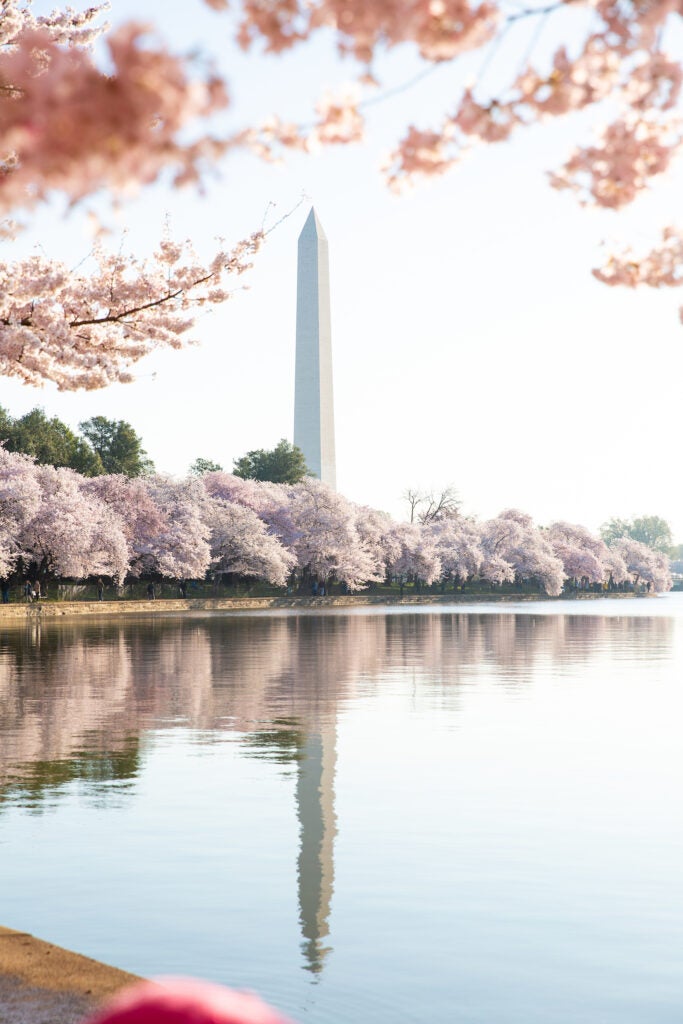
Overview: Summer 2026
- Students apply for one of the two following options:
- A research assistantship in which they work on a Georgetown professor’s research and that professor serves as their summer research mentor.
- An independent project in which they work on their own original research project and a Georgetown professor provides mentorship and guidance throughout the summer as the project progresses.
- $6,000 for full-time (10 weeks) projects.
- 2026 Official Dates: June 1, 2026 – August 7, 2026
- Programming includes a Zoom-based research skills development seminar throughout the summer for all recipients. Students will also attend a weekly peer-led recitation session.
- Final Deadline: Monday, March 30, 2026 at 12 PM (NOON)
- Application includes a streamlined proposal and timeline that allow students to describe their motivations and plan for the research project and that recognize summer projects may serve different purposes for students (e.g., conducting a literature review for a coming thesis, improving knowledge of a research method or technique, or conducting a standalone project).
- Supplemental Funds: The CRF is committed to supporting full-time summer research. If you are planning to receive GU funding for a research project that is less than 10 weeks, there may be an opportunity to apply for top-off or supplemental funding to extend the opportunity to a full-time research project. For those interested in this option, please reach out to undergradresearch@georgetown.edu to have the request reviewed.
How to Apply
- Complete this Google application form (view our application guide)
- Upload, using the last question in the Google application form, one combined document that includes the following information in this order:
- 1) A completed application proposal and timeline (use the CRF’s proposal template)
- 2) GU Parchment transcript
- 3) Resume (recommended 1 page, but no more than 2)
- Ask your faculty sponsor to submit this sponsorship form by the application deadline.
Resources for Applying
- Sign up for the undergraduate research listserv to receive important application reminders and resources
- Schedule an advising appointment with a CRF team member
- View
- Enroll in our Canvas course, “Undergraduate Research 101.”
- Visit our “Research Toolkit.”
Eligibility and Rules
- Students can only submit one application in the annual cycle.
- Applicants must be currently enrolled Georgetown University undergraduates to apply and during their participation in the fellowship program. Graduating seniors are not eligible to apply for the fellowship.
- The CRF-sponsored summer research fellowship is an equal opportunity to all current Georgetown University undergraduates regardless of immigration status.
- In general, acceptance of a full-time CRF-administered fellowship precludes students from having full-time summer employment or another full-time summer research award.
- Students must have a Georgetown Supplier ID established at the time of application. (If possible, it is best to select the ACH/direct deposit option. Old mailing addresses [e.g., a previous residence hall address] will significantly delay payment.) If you previously applied for a Supplier ID, check that it is still active on the Office of the Chief Financial Officer’s website. If the Supplier ID is inactive, you will need to apply for a new one.
- Any non-US citizen who receives funds through the summer research fellowship programs must complete a Glacier account as a part of the Supplier ID process. Individuals should receive an email from support@online-tax.net. Applicants can also email this address if they do not receive an email from Glacier or have questions about setting up an account.
- Summer research fellowships administered by the Center for Research & Fellowships cannot be used for academic course credit.
- All application materials, including the letter of recommendation, must be submitted by the deadline to be considered.
- Applicants proposing to conduct research outside of the United States as a part of their project must complete the steps outlined on this webpage, before their proposed travel begins, in order to be considered for award funding. Please email undergradresearch@georgetown.edu with the results of the process. This official authorization is necessary in order for CRF to initiate payment to summer fellows.
- Students who are admitted to a fellowship must sign and date their fellowship notification letter, and return it to the CRF. Fellowship letters will be sent via DocuSign.
Contact Information
Please write to undergradresearch@georgetown.edu with any questions.
Advising request? Schedule a meeting with a CRF team member.
(Updated December 2025, subject to change)